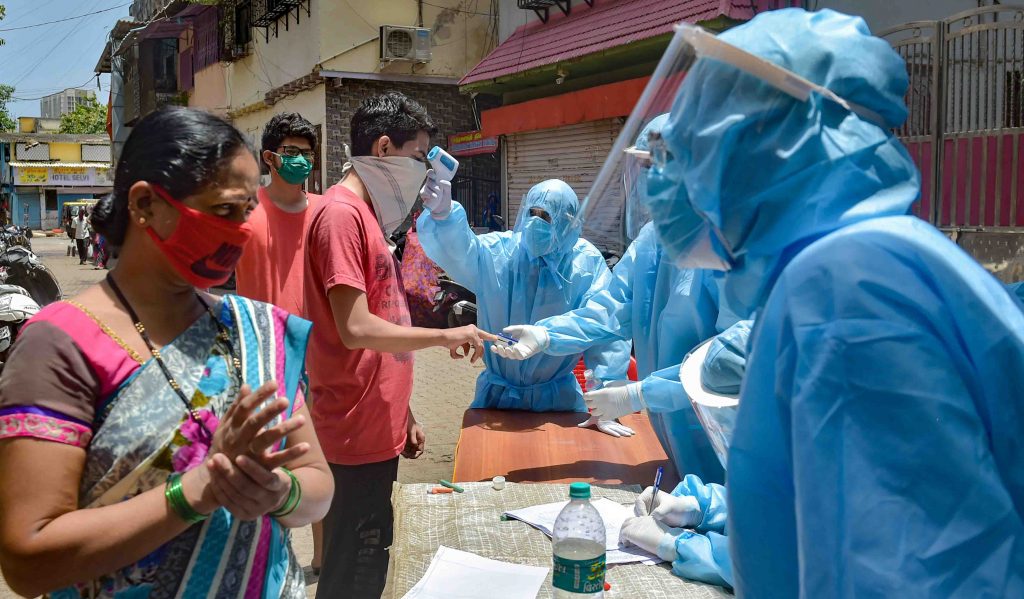New Delhi: The Covid-19 third wave may hit India at the end of August. However, it will not be as dangerous and deadly as the second wave, according to Dr Samiran Panda. Dr Panda is the head of epidemiology and infectious diseases at the Indian Council of Medical Research (ICMR). “There would be a nationwide third wave but that does not mean that it would be as high or as intense as the second wave,” Dr Panda was quoted as saying by NDTV.
Dr Panda also gave out the reasons that could cause the third wave of Covid-19. He said a drop in immunity among people against the coronavirus disease acquired in the first and second waves of the pandemic could be one of the main causes of the third wave. “If that goes down, it could lead to a third wave,” Dr Panda said.
The eminent doctor also said that there could be a variant of the coronavirus that can bypass the acquired immunity. If that happens, it can circulate very fast. The Covid-19 third wave could also be brought about by the premature easing of Covid-19 curbs by states, Dr Panda said. “I’m not expecting any more public health havoc from the Delta variant,” Dr Panda said when asked if Delta Plus could bring on the third wave.
Read also – Covid delta variant now present in over 104 countries, rapidly spreading: WHO chief Ghebreyesus
Dr Panda’s comments assumes significance as it comes after a comment made by Dr Randeep Guleria, Director, AIIMS. He had said Thursday that a possible third wave of Covid-19 can be precipitated by waning immunity among people, the emergence of a more transmissible variant of the coronavirus and relaxations by governments in lockdown curbs.
Dr Guleria had said that several studies and models have been conducted to project the possible third wave’s trajectory under different scenarios. “One such model from an IIT shows that if all restrictions are lifted and if a virus (variant) is also able to escape immunity then the next wave can be bigger than the second wave. If some restrictions are kept and the virus also remains stable then cases will not be much and if we keep implementing more restrictions then cases will further reduce,” Dr Guleria said.
